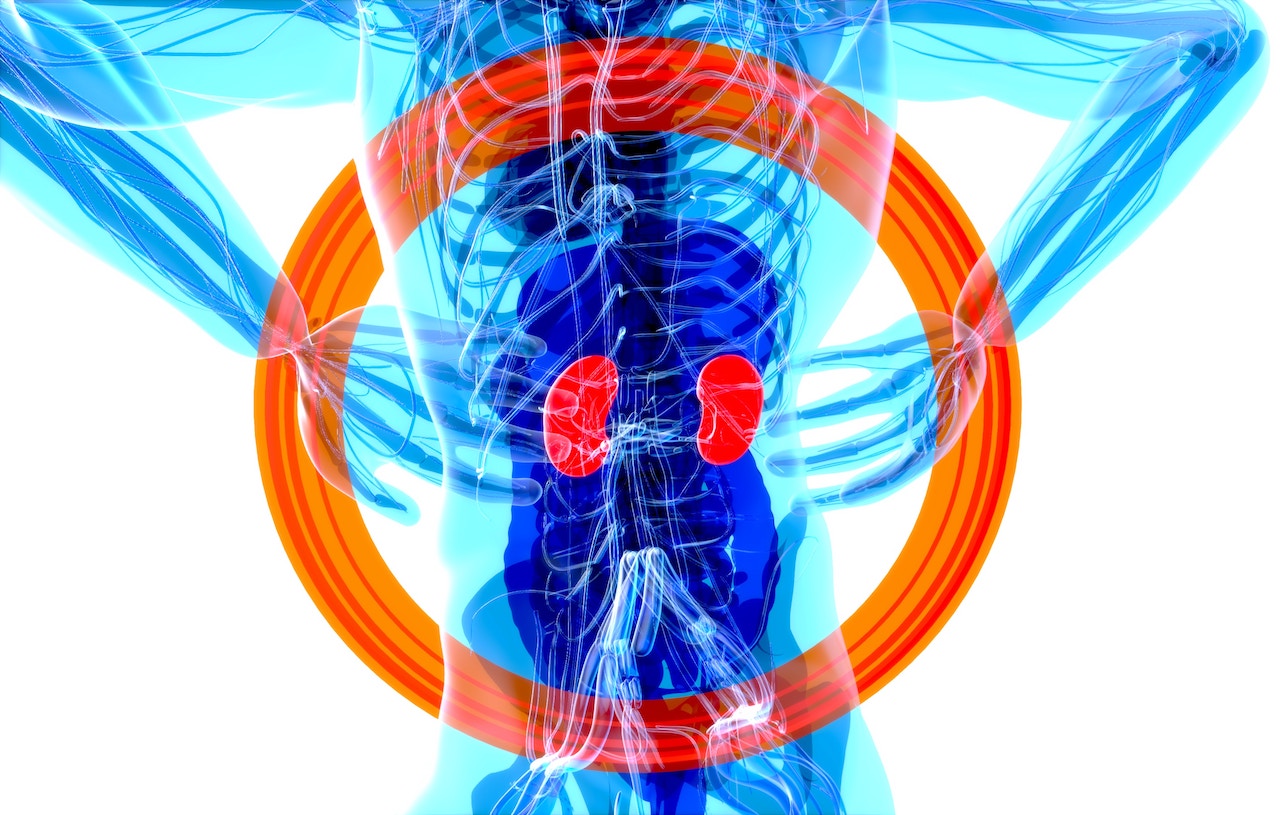Back pain is consistently among the top 5 reasons people seek medical care. I want to emphasize the significance of ‘consistently’. When a condition is not treated appropriately or the root cause of the pain is not addressed, it will consistently be a top reason people seek care.
Back pain is among the top reasons people miss work or initiate disability. Approximately half of all working Americans admit to having back pain at some point in the past year. Approximately 246 million lost work days are attributed to back pain. $50 billion in healthcare dollars are spent annually..increase that number to $100 billion when lost wages are included. That’s a lot of money spent on one issue.
While back pain is a common issue, it is also a condition that often is failed through conventional, western medicine. When you look at the statistics, you can’t help but wonder how this is being treated and what are the outcomes. Typical conservative treatment for back pain can involve a combination of rest, ice/heat, NSAID medication, physical therapy, and chiropractic. Next in line for treatment would be prescription pain medication like muscle relaxants or opioid medication. Studies have shown that opioid pain medication is no more effective than non-opioid medication in treating back pain. The risk of side effects and addictive potential of opioid medication far outweigh any benefit they potentially provide over other non-opioid treatment methods. Failure of conservative treatments leads down the path of steroid injections or surgical procedures. However, these options also come with risks. Steroids, which can offer short-term pain relief, have many side effects including increased blood sugar, high blood pressure, weight gain, mood changes, tendon/bone atrophy, osteoporosis, and difficulty sleeping to name a few. Surgery isn’t always the answer either as up to 50% of back surgeries fail.
Common Causes of Back Pain:
- Muscle Strain
- Injury/Trauma: repetitive motion, heavy lifting, auto accident, work injury
- Disc Injury
- Sciatica
- Arthritis
- Scoliosis
- Osteoporosis
- Compression Fracture
- Mental Health
- Obesity
- Kidney Disease

